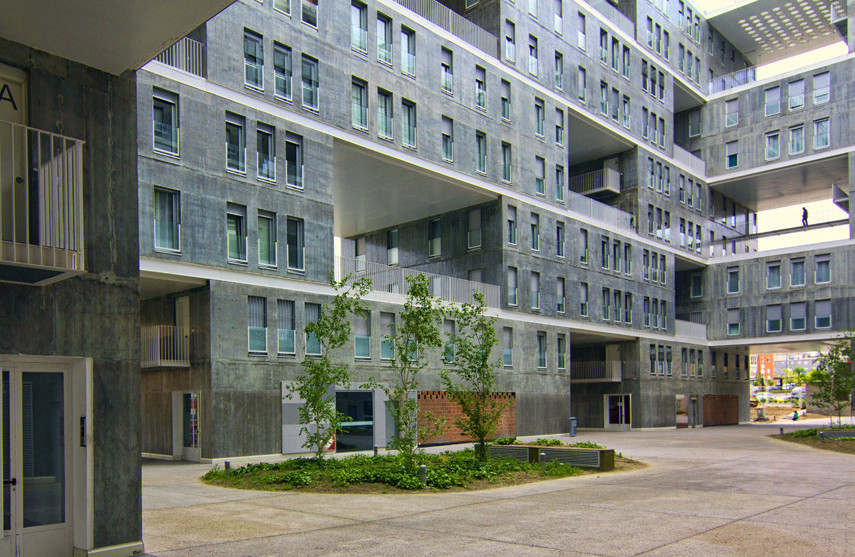There is a famous Spanish saying, éramos muchos y parió la abuela –we were too many, and then grandma had a baby. In military jargon this is summarized as a clusterfuck: a situation in which everything, everywhere, falls apart at the same time.
And it is also the present state of Spain. An ongoing economic crisis has left more than a quarter of the workforce unemployed, and Prime Minister Mariano Rajoy’s government is committed to a senseless mutilation of the country’s welfare state.
“Austerity,” however, is not so popular within the ruling party, given that Rajoy’s People’s Party (PP) is currently immersed in an enormous corruption scandal. It was recently discovered that senior PP figures have been regularly receiving undisclosed bonuses to their official salaries since the late nineties. The money seems to have been donated by construction companies to PP. It was handed by the party’s former treasurer, Luis Bárcenas –who, incidentally, has illegally amassed €22 million in a Swiss bank account.
Talk about “tightening our belts” and the spirit of “shared sacrifice.” Rajoy has found inspiration in Marx and denied the accusations, claiming that “everything is false, except for certain things published by the press.” I mean Groucho Marx, of course: the whole scandal was uncovered and published by the press.
The Socialist Party (PSOE) believes itself recovered from the landslide defeat it suffered less than a year and half ago, and has called for Rajoy’s resignation. But PSOE remains in need of a drastic ideological and generational renewal. So far, all it seems to be coming up with is a re-hash of its 1982 programme –neither original nor inspiring, but unsurprising given the party’s secretary general, Alfredo Pérez Rubalcaba, has been a party insider for the last three decades of Spanish politics.
The lack of political alternatives is nevertheless disturbing –especially in light of the legitimacy problems faced by both the ruling party and the democratic regime as a whole.
The situation might seem puzzling to foreign observers, to the extent that Spain’s democratic regime, in place since the late seventies, is often portrayed as the paradigm of third-wave democracy. The transition to democracy was undertaken through a relatively smooth, top-down process of pacted reform –one that allowed elites from Francisco Franco’s dictatorship to escape unscathed. These elites ended up… in PP, of all places. Here they have put their talents to good use, joining Bush in Iraq ten years ago and running the aforementioned corruption scheme.
Perhaps Spain should have followed the example of neighboring Portugal, and purged the old regime to ensure a clear rupture with the authoritarian past. Portugal is not doing great either, but the level of socio-political conflict there remains lower than in Spain.
There’s no point in crying over spilt milk, however, and I would rather try to guess what the future holds in store. In this regard, the experience of other low-intensity democracies is enlightening. Postwar Italy and Venezuela under the Punto Fijo agreements were both pacted democracies, based (like NATO) on the premise of keeping “the communists out.” Spain’s democracy is by no means as restrictive, but it shares relevant characteristics, such as an endogamic party system with strong party hierarchies and a lack of public transparency (which is becoming especially evident in another corruption scandal, this one involving the royal family).
Venezuela’s democracy, like Spain’s, was a long-time favorite of democratization theorists… and it collapsed throughout the nineties. So did Italy’s, in the aftermath of Tangentopoli, a massive corruption scandal affecting the entire party system. Fortunately for Spain, there is an absolute dearth of charismatic leaders in the country. And this is good. It means that although things are falling apart, there is no Berlusconi or Hugo Chávez to take over… at least for the time being.
